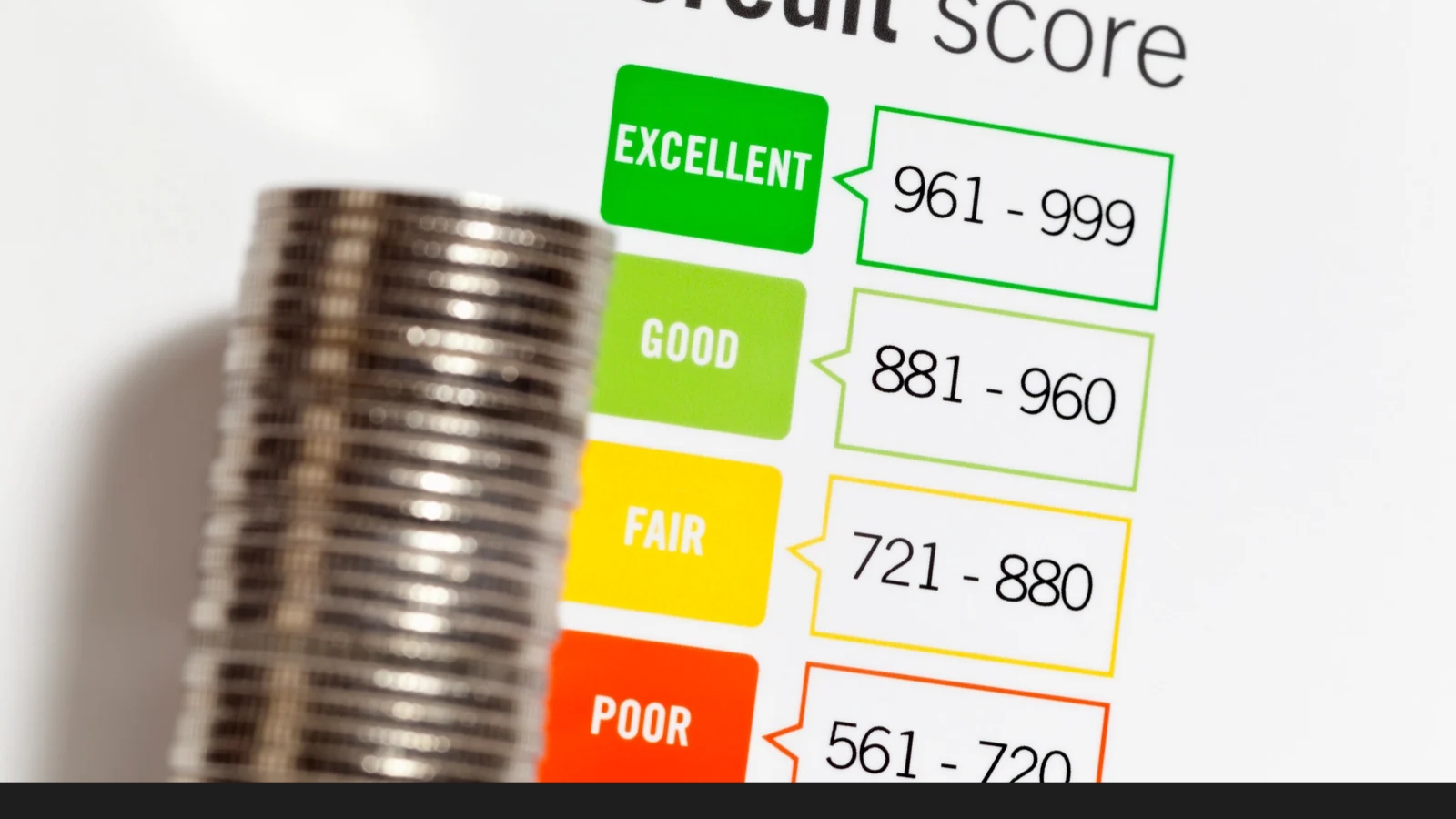So you’ve heard about the perfect credit score — that elusive triple-digit number that makes some people act like they’ve won the lottery. But hang on — there’s a lot of noise out there. Some beliefs about credit scoring are flat-out wrong. Understanding what really counts (and what doesn’t) can spare you wasted time and and effort and help you avoid frustration.
We’re going to walk through ten myths about achieving a perfect credit score in the U.S., unravel what’s true and what’s fiction, and give you a clearer view of how this three-digit number actually works. Please think of this as a myth-buster session well suited for anyone serious about their financial health.
Now, let’s slash through the myths, one by one. These are the stories people tell themselves that keep them stuck or chasing the wrong goals.
Myth 1: You Must Have A Perfect 850 To Qualify For The Best Rates
While a flawless 850 is rare, lenders typically treat scores in the high 700s or low 800s as “excellent” and give you the same favorable terms as someone with 850. Many people believe you’re missing out if you don’t hit 850. But in practice, once you cross a certain threshold, your benefit plateau kicks in. Chasing that final 5 or 10 points could cost you stress and complexity without meaningful gain.
If you’re consistently demonstrating responsible habits — on-time payments, low credit card balances, reasonable mix of credit — you’ll secure good terms. The perfect score is nice for bragging rights, but not necessary for excellent access.
Myth 2: Checking Your Credit Score Frequently Will Lower It
Some of us shy away from checking our credit score, as if it’s a mystery lottery number. We avoid checking it for fear it will drop. But guess what? Checking your own score is a “soft inquiry” and doesn’t affect your credit score. The thing that can hurt your score short-term is“hard inquiries” — when a lender pulls your credit because you applied for a new loan or credit card. But your own review? Safe.
Takeaway: You should check your reports, spot errors or suspicious activity, and monitor progress. Ignoring it won’t help.
Myth 3: If I Never Borrow Money Or Carry Debt, I’ll End Up With A Perfect Score
You might think that “no debt = perfect credit.” It seems tidy, right? But here’s the twist: if you have no credit history at all, scoring models don’t know how you’ll behave. That can result in a thin file or another scenario. Essentially, you need some credit activity — even minimal, well-handled credit cards or a small loan that you repay reliably — so scoring models can evaluate you.
So yes, you can be debt-free but still not have built the kind of record that leads to excellent scores. It’s about responsible use, not zero use.
Myth 4: Carrying A Balance On My Credit Card Helps My Credit Score
This one is especially tempting. You figure if you leave a small balance, you’re showing you use your credit, and that helps. But in truth, carrying a balance costs you interest and can actually damage your score by raising your credit‐utilization ratio.
Here’s an analogy: if your credit cards are like fuel tanks, using up most of the fuel shows you’re near empty. The scoring models see risk in that. Better: pay your balance in full each month (if you can). Keep your usage modest.
Bottom line: using credit is good, but owing high balances month to month is not.
Myth 5: Closing Old Credit Cards Improves My Credit Score
When you close a card, you might think you’re simplifying your finances. But closing a long-standing card can shorten your average account age and reduce your total available credit, both of which may hurt your score.
Keeping older cards (with no annual fee if possible) active and in good standing is often smarter. Use them occasionally for a small purchase and pay them off right away. That keeps the account alive without risk.
So before you cancel that card you don’t use, give pause — the “neat-wallet” move could backfire.
Myth 6: My Income Directly Determines My Credit Score
Having a high income is great for life, but it doesn’t automatically translate into a perfect credit score. Scoring models focus on how you manage credit (payments, balances, history), not how much you earn.
It’s possible to make six figures and have a poor credit score if payments are late or balances are high. Conversely, someone with the lowest income but excellent habits can score exceptionally well.
Focus on behavior (making payments, keeping balances low) rather than on dollar signs.
Myth 7: Paying Off A Loan Completely Will Boost My Score Right Away
You pay off a car loan or student loan and expect an immediate increase in your score. Instead, sometimes your score may barely move, or even dip temporarily. Why? Paying off that installment loan reduces your mix of credit types or removes an active account from your history.
Don’t panic if your score seems stagnant after the payoff. The bigger picture: you’re now debt-free in that area, which is good. Let your overall track record build from here.
Patience matters: responsible credit behavior over time beats quick fixes.
Myth 8: My Partner’s Bad Credit Will Automatically Drag Down My Credit Score
Many couples worry that one partner’s poor score will contaminate the other’s. In reality, unless you share joint accounts or are co-signers, each of you has an individual credit profile.
However, shared financial activity (joint credit card, co-signed loan) can affect both of you. So if you co-open an account, be sure you’re comfortable with how the other person handles it.
Good communication and clarity about what you share (and what you don’t) go a long way.
Myth 9: There Is Just One “Credit Score” That Everyone Uses
You might believe your number is set in stone. Actually, there are multiple scoring models (FICO, VantageScore, and industry-specific versions), and different lenders may pull different scores.
What you see on a free consumer site may not match what a bank sees when assessing you. That’s okay. The key is to aim for strong fundamentals across the board so you’re covered whichever model is used. Ignore fixation on one magic number; build the proper habits.
Myth 10: Achieving A Perfect Credit Score Will Unlock Lifetime Benefits
Yes, the idea of perfect credit sounds glamorous: elite products, ultra-low interest rates, bonuses, etc. But in truth, once you’re already in the “excellent” zone, incremental improvements yield diminishing returns.
If you’re already scoring, say, 780-820, you likely qualify for the best terms most lenders offer. That last boost to 850 may not make much difference to you. Instead of chasing perfection, focus on maintaining the score you have and avoiding mistakes.
This isn’t settling. It’s being efficient with your time and attention.
Conclusion
In summary, your credit score is not a perfect scoreboard. It’s a snapshot of how you manage credit over time. Believing myths like “only a perfect 850 counts” or “checking my score will destroy it” can lead you astray. Instead, concentrate on fundamentals: paying on time, keeping balances low, maintaining accounts, nd building history.
Once you’ve hit a strong score range, your financial life opens up. Don’t get trapped chasing that mythical “perfect” seven or eight-hundred-something number if you’re already doing everything that matters. Avoid the myths, stay consistent, and you’ll be in great shape—credit-wise and peace-of-mind-wise.
You don’t need perfection to win. You need good habits.


